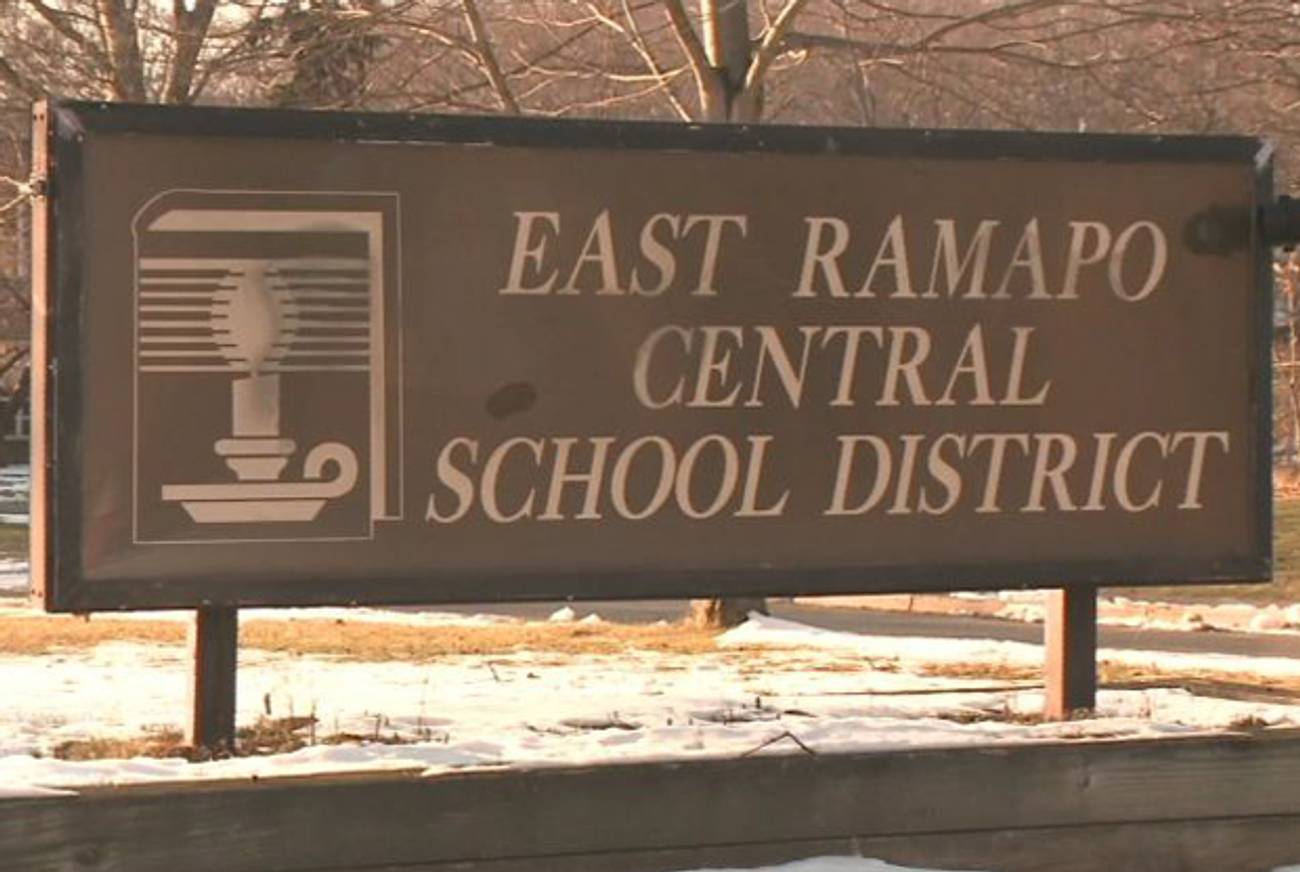East Ramapo Tries To Heal Rift Over School Cuts
Hasidic leaders join public school parents to get more money from Albany




Yesterday, a Latino pastor, a Haitian reverend, and a lot of Hasidic rabbis walked into a room in Monsey, the ultra-Orthodox enclave outside New York City. Inside were residents and elected officials of East Ramapo, the divided district where ultra-Orthodox Jews and Haitian immigrants, many of them refugees from the 2010 earthquake, have been battling over control of the local schools and, more important, over control of the money to fund them.
They were there to mark the launch of a new initiative, Community United for Formula Change, that would change the way Albany allocates money to districts like East Ramapo’s, where almost two-thirds of children—22,000 of them, mostly Jewish students sent to yeshivas—are enrolled in private schools, while the public schools serve 8,000 predominantly minority children. Parents of children who attend the public schools have accused ultra-Orthodox members of the school board of gutting the district’s programs. But those gathered yesterday said the problem is more basic than that: They simply aren’t getting enough money from the state.
“We are listed as one of the wealthiest districts in the state, and yet we are one of the poorest, so we don’t get state aid equal to what we should,” said Joel Klein, the district’s superintendent. (He is not to be confused with the better-known Joel Klein who served as Michael Bloomberg’s schools chancellor in New York City and is now an executive at News Corp.)
Yehuda Weissmandl, president of the East Ramapo school board, insisted the cuts stemmed from the need to balance the school board’s budget at a time when raising taxes is not supported by anyone in the community. He said that the well-being of the public schools is very important to him. “I care and love everyone’s child, as I would want them to love my own,” he said.
Religious leaders representing the Haitian and Latino communities welcomed the new initiative. “There’s a lot of division, a lot of fighting, back and forth, communities pinned against each other,” said Juan Pablo Ramirez, who was there representing the Latino Pastor’s Association of Rockland. “I believe we should all be working together for the children.” Jean Claude Dorcelly, a tall Haitian pastor who has lived in East Ramapo for 31 years, agreed. “We should not be fighting,” he said. “We need more money. At least, we need the fair share.”
Brendel Charles attended the meeting as a parent—she has two kids in the public school system—but she is also a councilwoman for the town of Ramapo. Charles says she originally believed the problem was that the ultra-Orthodox members of the board were making decisions without regard to others in the community. “I thought that there could be a possibility that there was something wrong, that there could be a prejudice, of thinking ‘We don’t have to give them that because it doesn’t really matter,’” she said. But her mind was changed when her husband, Bernard, joined the school board. “He realized the problem wasn’t that the school board members weren’t trying to hurt the public school kids,” Charles explained. “He realized the problem is, we don’t have the money.”
She criticized those in her community who have allowed the situation to deteriorate. “It’s become a war,” she said. “It’s become religious against non-religious, black against white, them against us. Their children are getting everything, our children are not.’ And that’s the wrong energy. The color is green. We don’t have enough money. That’s the problem.”
Charles added that she had no patience for those who responded to suspicions of ill-will with anti-Semitism. “Let me tell you what I heard someone say—they said, ‘Well, we want to send the Jews back to Israel,’” she said. “That sounds too much like sending blacks back to Africa. They’re not going anywhere and we’re not going anywhere. So what do we do? Are we going to have a war like the Indians and the cowboys? Or are we going to stand here and work together.? This is the 21st century, we’re supposed to be sophisticated people, we’re supposed to be thinking, not primitive, we’re not going to kill each other and conquer each other. We’re going to live in a democracy, and this republic belongs to all of us.”
Batya Ungar-Sargon is a freelance writer who lives in New York. Her Twitter feed is @bungarsargon.